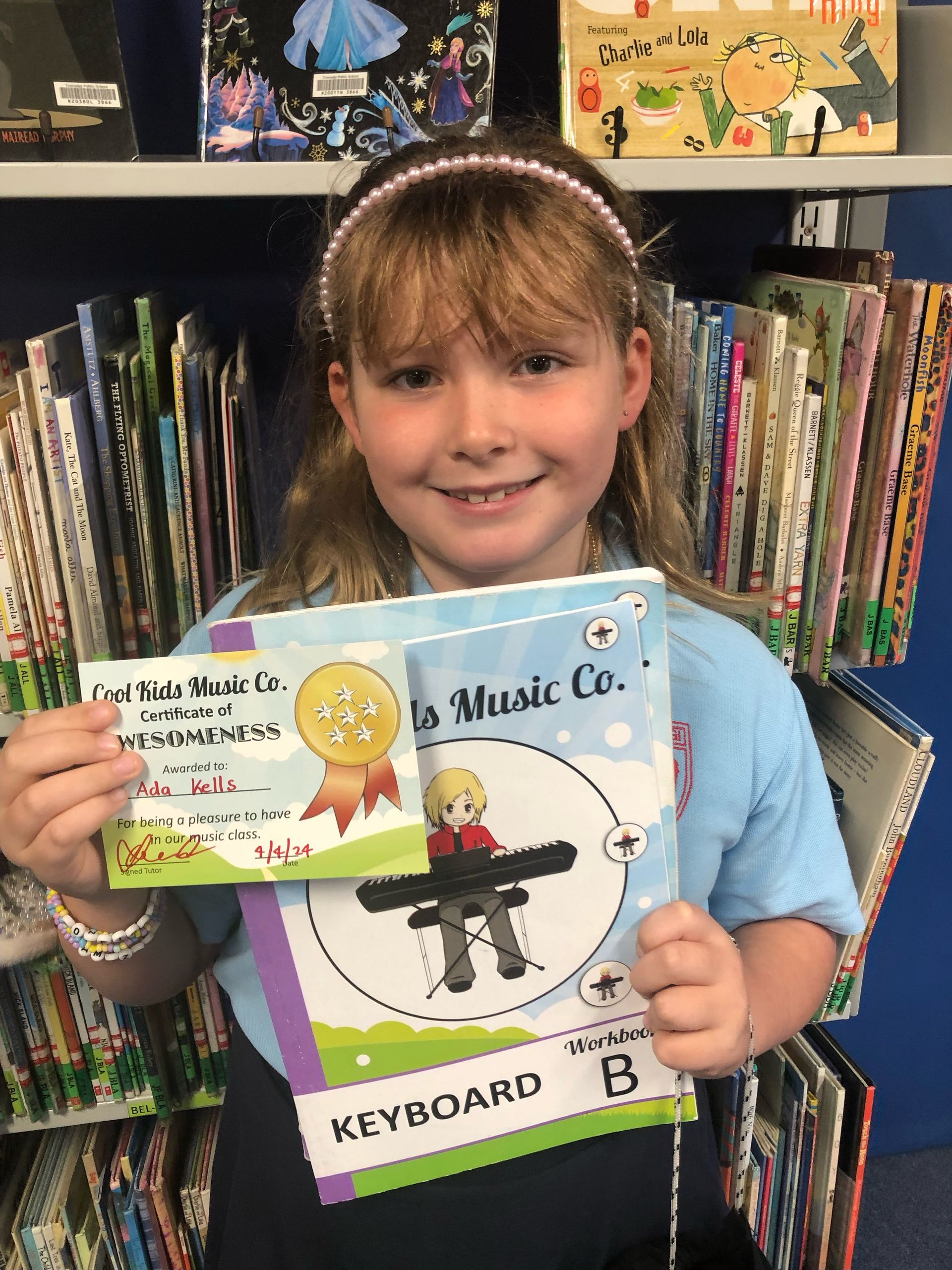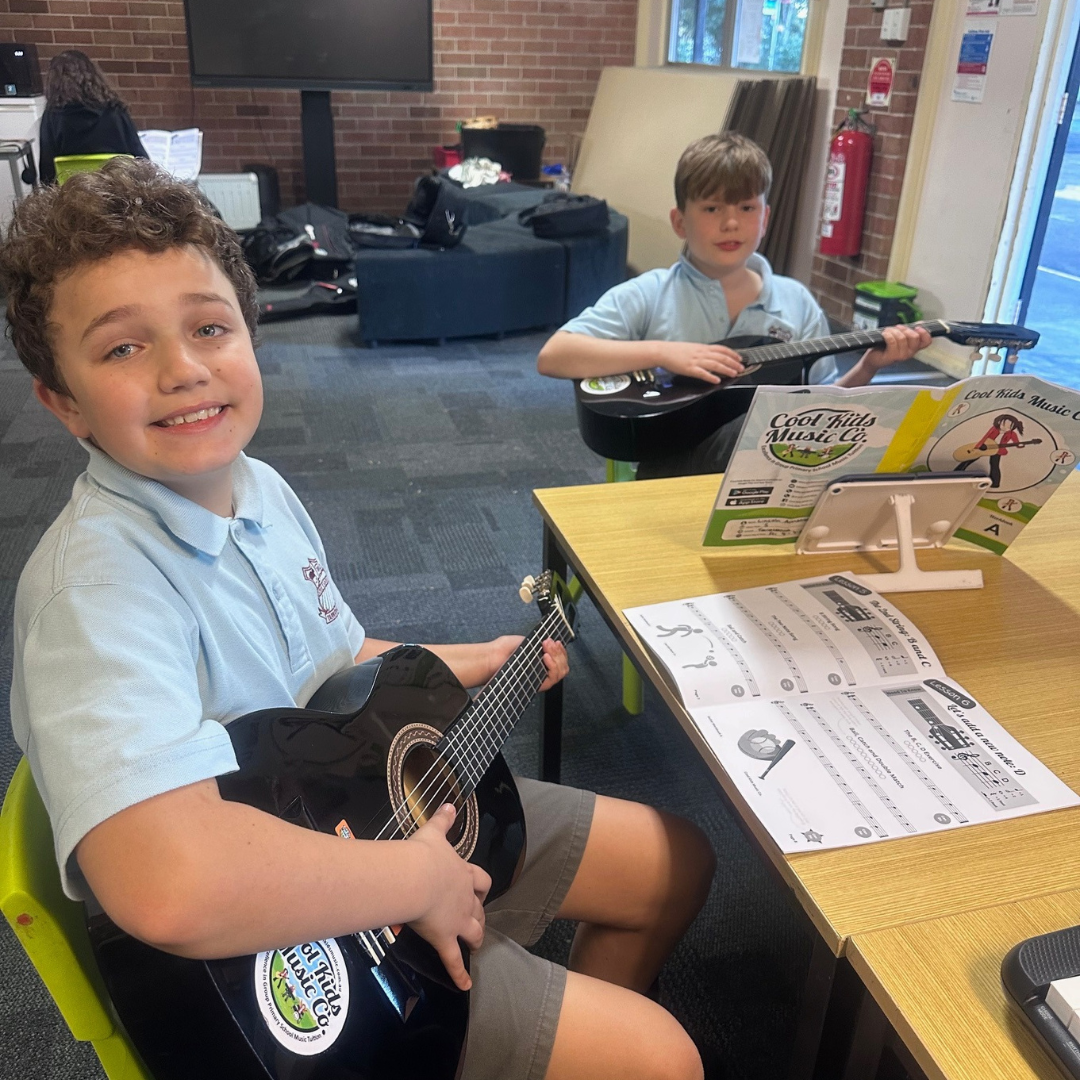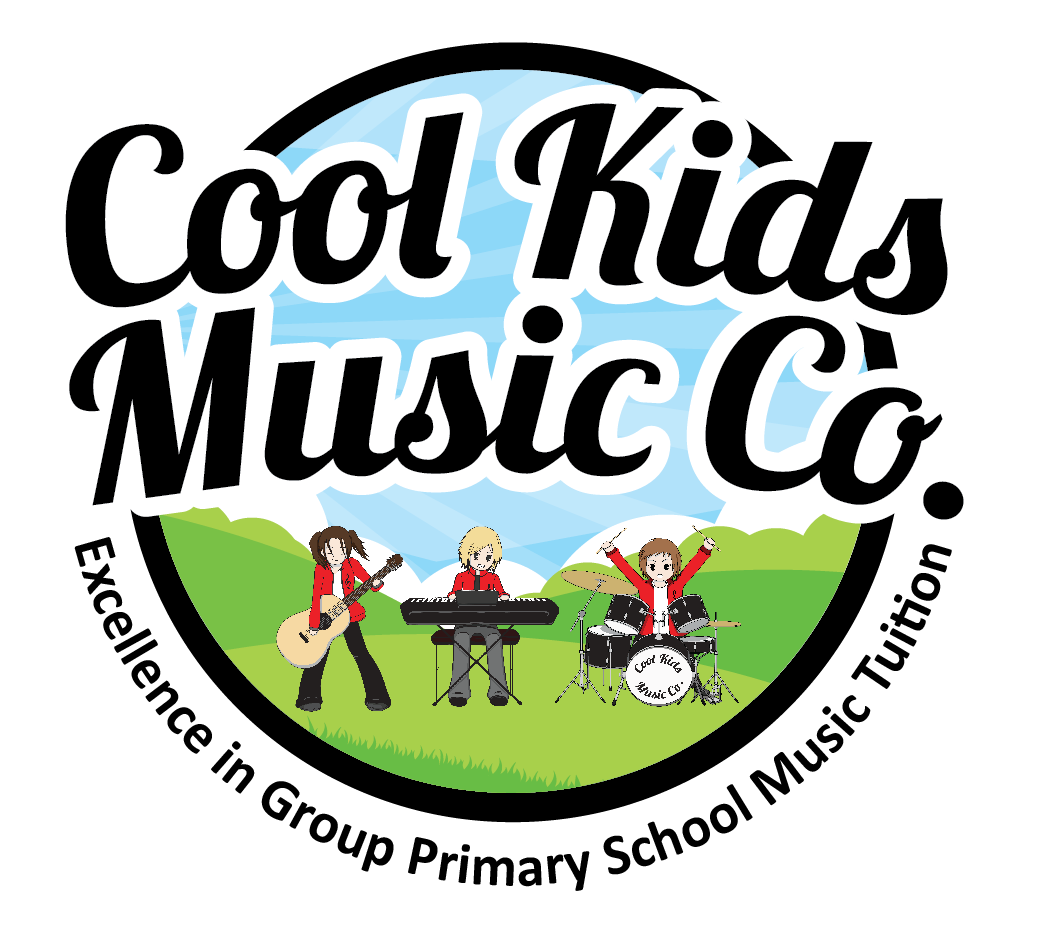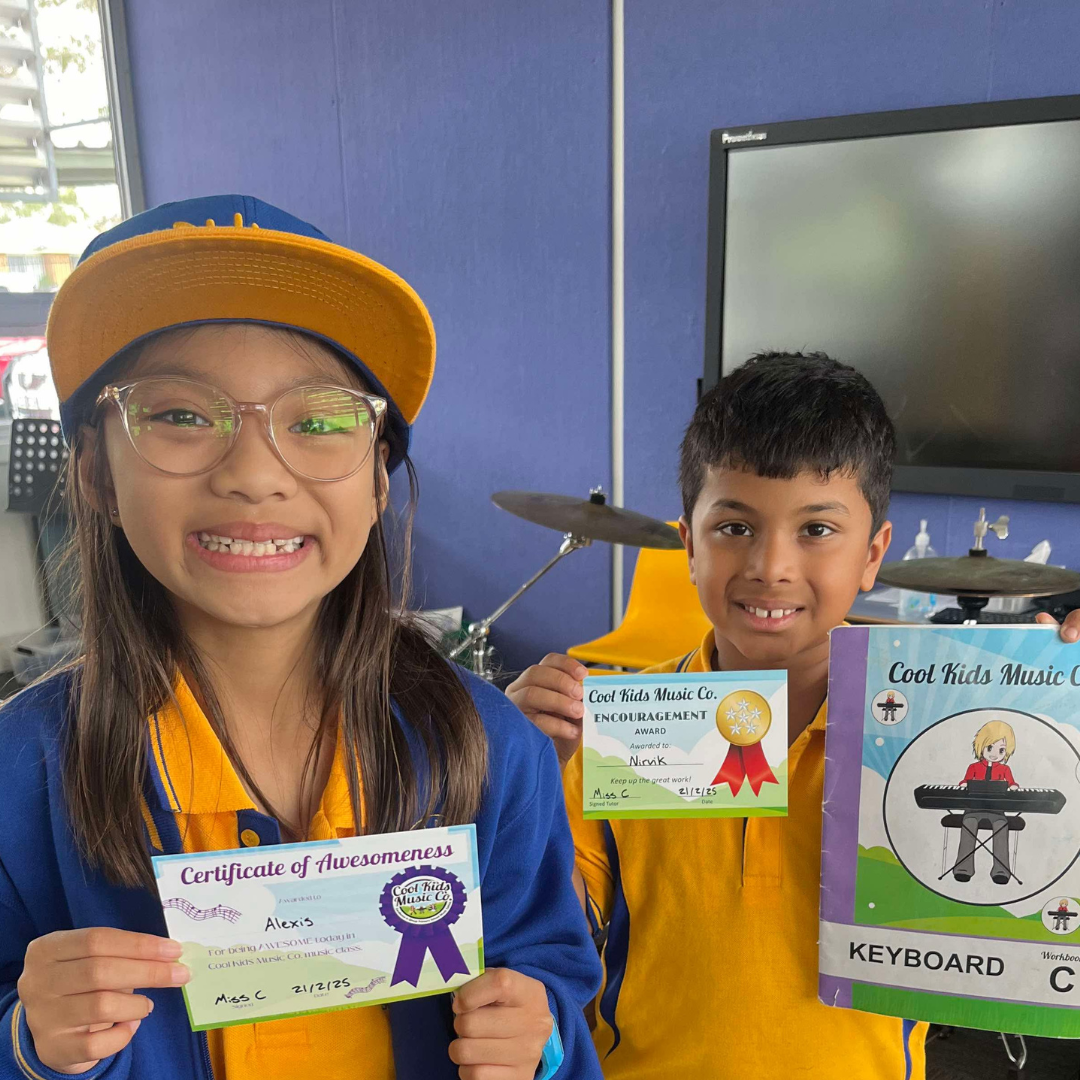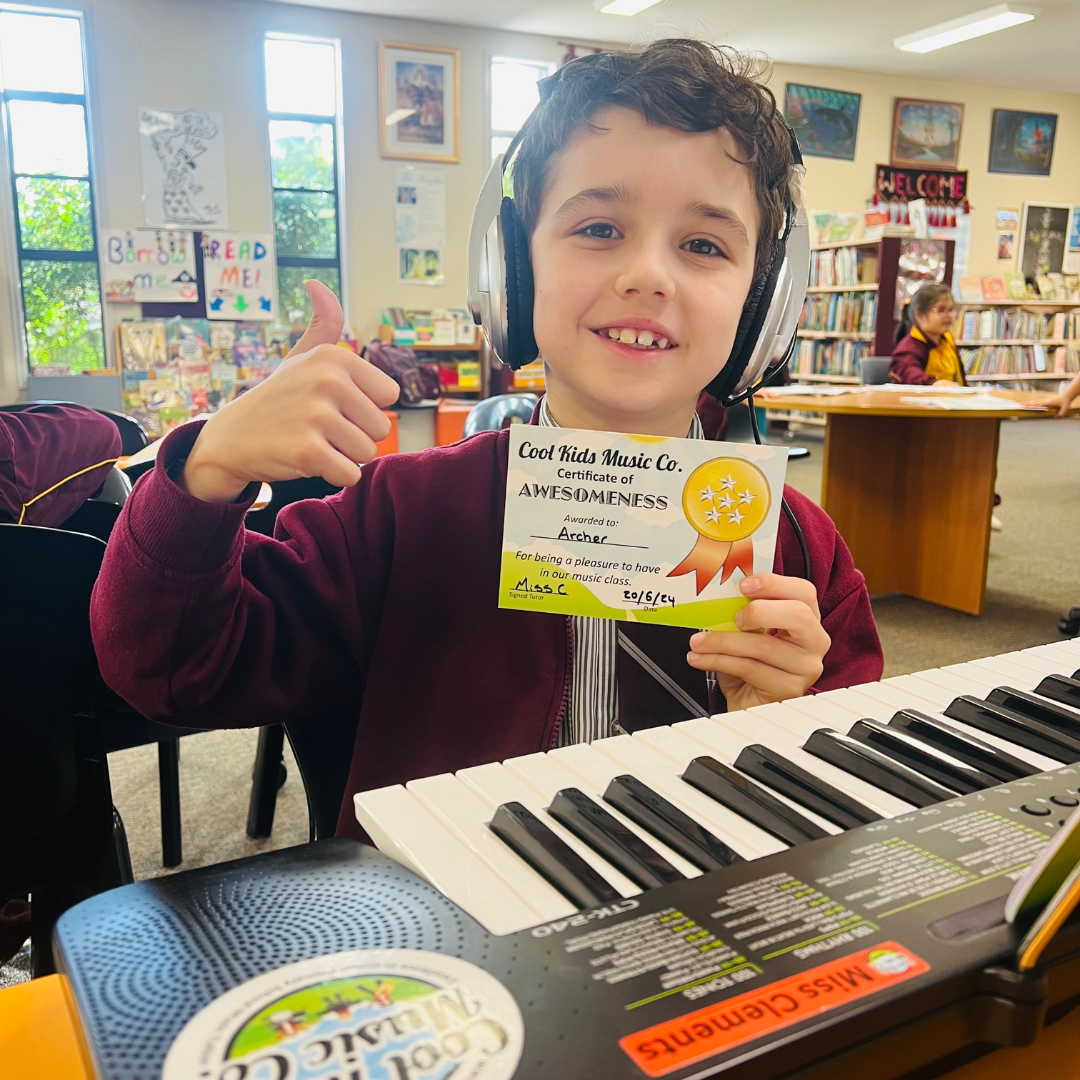More Than Music: Growing Confident, Resilient Kids Through Music Education
Music Education for Building Confidence & Resiliency
Life is full of challenges and triumphs, and at Cool Kids Music Co., we believe music education offers children far more than the ability to play an instrument. It lays the foundation for confidence, creativity, emotional resilience, and lifelong learning — skills essential for navigating the complexities of life.
Inspired by the research of Dr. Anita Collins, renowned music educator and neuroscientist, we understand that learning music profoundly impacts brain development. In her groundbreaking work, Dr. Collins describes how music education engages multiple brain systems at once — strengthening memory, focus, language, and emotional regulation.
Building Confidence and Resilience Through Music
Numerous studies support what we see in our classrooms every day: music education helps children build authentic confidence and emotional resilience. Through consistent, structured learning, our students gain a deep sense of self-belief. As they tackle challenges — whether it’s mastering a difficult rhythm or performing in front of peers — they learn that progress comes from effort, practice, and patience.
This understanding nurtures a growth mindset. Mistakes become part of the process, not something to fear. Over time, students begin to approach not just music, but also friendships, schoolwork, and life itself with increased emotional strength and flexibility.
Music as a Powerful Emotional Outlet
Music also offers children a safe, creative outlet for emotional expression. Singing or playing an instrument allows them to process and communicate feelings they might not yet have words for. This form of expression enhances emotional intelligence and provides valuable tools for self-regulation and inner balance.
Learning to Listen, Collaborate, and Communicate
In our group classes, students don’t just learn music — they learn to work together. Playing in an ensemble or singing in harmony demands active listening, timing, and mutual respect. It encourages students to take social risks in a supportive environment, whether it’s sharing a new melody or leading a rhythm. These experiences build social confidence and communication skills that extend far beyond the classroom.
A Curriculum Designed for the Whole Child
Every component of our program — from individual exercises to showcases— is designed to support each child’s overall development. We don't simply teach notes and songs. We foster resilience, empathy, and curiosity. Our goal is to help students become not only skilled musicians, but confident, capable individuals ready to thrive in every area of life.
At Cool Kids Music Co., we believe music is more than a subject — it’s a lifelong companion. It can inspire, comfort, empower, and connect. We are proud to be part of the beginning of that journey for every child who walks through our doors.
Learn more about the science behind music learning at
www.biggerbetterbrains.com
